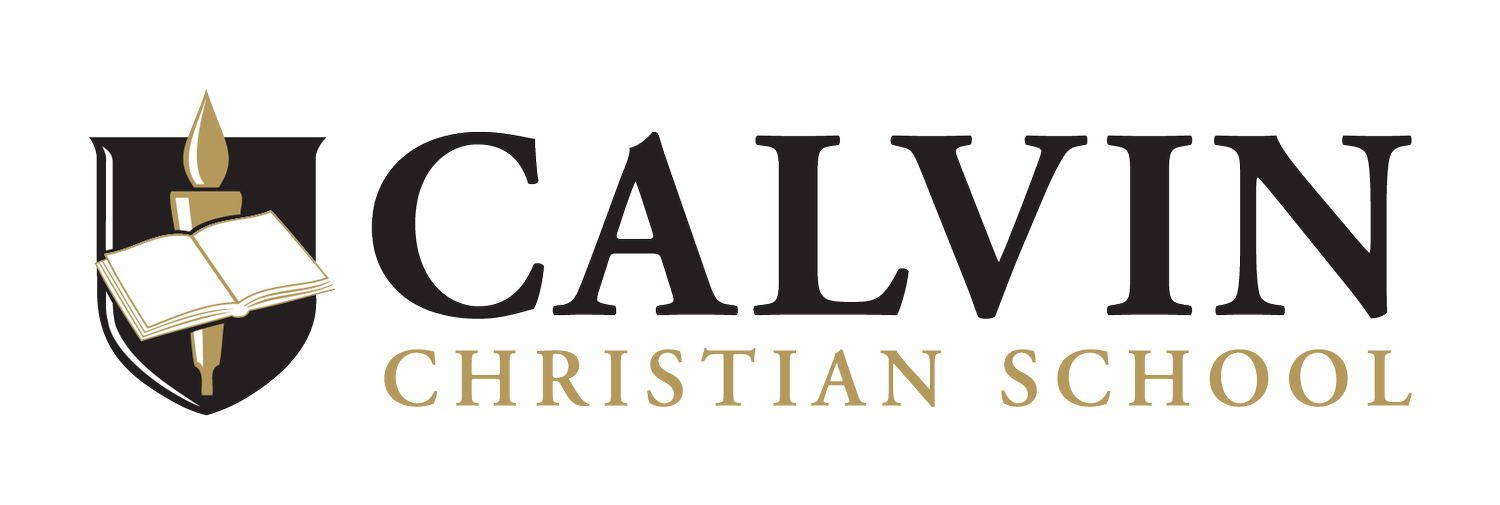This year we are excited to be implementing a new program in the Primary Campus called PeaceWiseKids.
This is a Christian program that equips young people to deal with challenging relationships and conflict in healthy, constructive and life-changing ways. In this program we will be teaching students key skills and strategies to having peaceful relationships and how to deal with difficult situations that arise in their day to day lives. Students in Prep to Year 6 will have fortnightly lessons learning the principles, unpacking difficult situations and learning a shared vocabulary to use in the classroom, playground and even at home!
As we move through the program, students will see posters and flowcharts in the classroom and playground to help them remember the skills and strategies as they are learning to become peacemakers. This includes concepts such as the ‘5 A’s of Apology,’ ‘4 Choices of Forgiving’ and ‘Staying on Top of Conflict.’
Over the course of the year, students will work through the following three modules.
Module 1: Understanding Conflict
Module 2: Responding the Conflict
Module 3: Peacemakers for Life
We started Module 1 last Thursday afternoon, looking at the question ‘What is conflict?’ During the course of this term we will unpack the following questions: Where does conflict come from? What is God’s peace plan for us? How can conflict be an opportunity? How do we become peacemakers?
We look forward to the journey of developing and improving peacemaking skills with our students this year. Please ask your children about their experiences and talk to class teachers if you would like more information about this program.
Andrew Nash - Deputy Principal, Head of Primary





